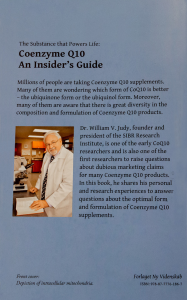
In his 2018 book, An Insider’s Guide to Coenzyme Q10, Dr. William Judy of SIBR Research summarizes the results of clinical studies using ubiquinone CoQ10 supplements. He also includes anecdotes about the use of CoQ10 supplements. The book is available from amazon.com.
Even if they are made from the same raw material, the CoQ10 products on the US retail market are very diverse in terms of their absorption and in terms of their health effects.
We, as consumers, need to see documentation, preferably in peer-reviewed scientific journals, for the absorption and efficacy of the CoQ10 product we buy.
The form of the retail Coenzyme Q10 product can be different (either the ubiquinone form or the ubiquinol form), and the formulation can be different (different carrier oils and different heating and cooling processes).
Of the two, the formulation is more important than the form. A double-blind cross-over study has shown that a well-formulated ubiquinone Coenzyme Q10 supplement will be better absorbed than a well-formulated ubiquinol supplement [Lopez-Lluch].
Many Undocumented Claims for CoQ10 Products in the US
The current situation is this: many US sellers of Coenzyme Q10 are making undocumented claims for their products:
- for the absorption of the reduced form of Coenzyme Q10, the ubiquinol form
- for the need for ubiquinol form
Accordingly, I have sent emails to the leading US companies asking for pdf copies of the journal articles (or references to the journal articles) that, presumably, form the basis for these undocumented claims on the company websites.
Disappointing Responses from US Producers of CoQ10 Supplements
Company A Claim: “(Product name) is clinically shown in humans to increase Co-Q10 levels by 215% at 100 mg per day and by 777% over baseline at 300 mg per day.”
Company A response to my e-mail: “This was not data published in a scientific journal as part of a full study. This was research conducted by an academic lab that was funded by (the company) to conduct this evaluation.”
Company B Claim: “(Product name) absorbs up to eight times better than traditional ubiquinone.”
Company B response to my e-mail: “We compared the blood levels of ubiquinone used in (one study) to the blood levels of ubiquinol used in (a different later study) to create the claim in question.”
Dr. William Judy, SIBR Research, has explained: This was an invalid comparison. It was based on a misapplication of the results from a study done by Dr. Hosoe of Japan (2006), comparing those absorption data to the absorption data from the Parkinson’s study by Schults, Beal, and Hass (1994) [Judy].
The 1994 study used a dry powdered crystalline form of ubiquinone, which is poorly absorbed but was just about the only thing available to researchers back then [Judy].
It was bad science to compare the results from the two studies done more than 10 years apart.
- different study participants
- different study settings
- different investigators
- different analytical labs
- different study protocols
Today, a head-to-head comparison study, the Lopez-Lluch study, published in a peer-reviewed journal, shows that well-formulated ubiquinone supplements can be twice as well absorbed as some good ubiquinol supplements [Lopez-Lluch; Judy].
Company C Claim: “Superior absorption of (Product name) compared to regular CoQ10.”
Company C response to my email: No answer. On the company website, I see that “regular CoQ10” is defined as the dry powder Coenzyme Q10 (not as well absorbed as the current Coenzyme Q10 dissolved in carrier oils).
Company D Claims: “1. some people have a tough time converting CoQ10 to its active, reduced form. 2. by supplementing with reduced CoQ10, you can more easily support cellular energy and overall health. 3. the conversion rate of CoQ10 to QH tends to decline with age.”
Company D response to my email: The company’s answer to my email does not address or document any of the three claims listed above.
“Scientists and researchers … have been studying ubiquinol for more than a decade and have conducted numerous safety and toxicity studies on the ingredient. Additionally, as a form of CoQ10, ubiquinol will have all of the same benefits of CoQ10. However, because (the ubiquinol) has only been commercially available since 2006, scientists have only recently begun to clinically study the specific benefits of this reduced form of CoQ10.”
Company E Claim: This company has made no claims re absorption. It claims that its product is the “#1 Pharmacist Recommended” based on “a survey of pharmacists who recommend vitamins and minerals.”
Company E response: The company had nothing further to document.
Company F Claim: This company calls its product “High Absorption CoQ10,” but it makes no specific claims for better absorption. It does make claims for heart health, antioxidant protection, endothelial function, ageing, reproductive health, and protection against statins.
Company F response: The company includes on its website an easy-to-find 50-item reference list of published clinical studies documenting the efficacy claims but not documenting the absorption claim. It is noteworthy that the documentation provided is not for studies done on the company’s own products but for studies done on other companies’ products.

On pages 62-66 of his book The Insider’s Guide to Coenzyme Q10, Dr. Judy explains the origin of the undocumented marketing claims that people over a certain age need a ubiquinol product.
Company G Claim: “People over the age of 30 need to take ubiquinol instead of ubiquinone.”
Company G response to my email: Three of the four studies that the company referred to in its response were mouse studies. None of the studies support the claim that people over the age of 30 need ubiquinol instead of ubiquinone. One wonders how this claim and a similar claim for people over the age of 40 can get so much play without any documentation.
Ubiquinone and Ubiquinol Supplements: What Do We Know?
1. The important randomized controlled trials of the health effects of Coenzyme Q10 have been done with one company’s preparation in the ubiquinone form.
- Chronic heart failure study: Q-Symbio Study [Mortensen]
- Senior citizens study: KiSel-10 Study [Alehagen]
- Gulf War Illness study: San Diego Study [Golomb]
- IVF-ET patients study: Follicular Fluid Study [Giannubilo]
- Statin-associated myopathy study: Muscle Pain and Weakness Study [Fedacko]
2. The ubiquinol product is allegedly unstable. Ubiquinol is the reduced form of Coenzyme Q10, the electron donor form; it is by its nature intended to convert to the ubiquinone form of Coenzyme Q10. That is what makes ubiquinol the important fat-soluble antioxidant that it is.
3. We do not need to take a ubiquinol supplement in order to get sufficient increases in the ubiquinol content in the blood. We have good documentation that a ubiquinone Coenzyme Q10 supplement will increase the ubiquinol content of the blood significantly [Mohr].
Most recently, the Zhang [2018] study has shown that 200 milligrams of ubiquinone Coenzyme Q10 will raise the ubiquinol content in plasma significantly, by 105%, in older men (over the age of 55).
4. Formulation (the right carrier oils, the right heating and cooling process) of the Coenzyme Q10 supplement is more important than the form (ubiquinone vs ubiquinol). The Lopez-Lluch study [2019] has shown that a ubiquinone CoQ10 preparation, properly formulated and manufactured, will be absorbed better than a carefully formulated manufactured ubiquinol preparation.
Company Claims for Coenzyme Q10 Not FDA Approved
Many of the companies do cover themselves by saying on their websites that the FDA has not approved the assertions they make in their claims for the ubiquinol product.
But, even when I request references to the studies that document their marketing claims, they cannot provide convincing scientific evidence.
Take-home Message: CoQ10 Buyer Beware!
You can take a chance on an undocumented CoQ10 product, but why take chances with your health and your money? A properly formulated CoQ10 preparation costs more to manufacture, but, even so, you can find an affordable well-documented CoQ10 supplement if you do some searching on the Web.
Sources
Alehagen, U., Johansson, P., Björnstedt, M., Rosén, A., & Dahlström, U. (2013). Cardiovascular mortality and N-terminal-proBNP reduced after combined selenium and Coenzyme Q10 supplementation: a 5-year prospective randomized double-blind placebo-controlled trial among elderly Swedish citizens. International Journal of Cardiology, 167(5), 1860-1866.
Alehagen, U., Aaseth, J., Alexander, J., & Johansson, P. (2018). Still reduced cardiovascular mortality 12 years after supplementation with selenium and coenzyme Q10 for four years: A validation of previous 10-year follow-up results of a prospective randomized double-blind placebo-controlled trial in elderly. Plos One, 13(4), e0193120.
Giannubilo, SR, Orlando, P, Silvestri, S, Cirilli, I, et al. (2018) CoQ10 supplementation in patients undergoing IVF-ET: The relationship with follicular fluid content and oocyte maturity.; Antioxidants (Basel); 10: 141.
Golomb, B. CoQ10 and Gulf War illness. Neural Computation 2014 Nov; Vol. 26 (11), pp. 2594-651.
Judy WV. (2019, March). Coenzyme Q10: Research Confirms Ubiquinone and Ubiquinol are nearly equally-absorbed compounds. The physical form and companion ingredients make the bio-availability and absorption difference in Coenzyme Q10 supplements. Part 2. WholeFoods. Retrieved from https://wholefoodsmagazine.com/columns/vitamin-connection/coenzyme-q10-research-confirms-ubiquinone-and-ubiquinol-are-nearly-equally-absorbed-compounds-the-physical-form-and-companion-ingredients-make-the-bioavailability-and-absorption-difference-in-coenz-2/
Judy WV. (2018). Coenzyme Q10: An Insider’s Guide. ISBN: 978-87-7776-186-7. Available from amazon.com.
Kalén, A., Appelkvist E.L., Dallner G. (1989). Age-related changes in the lipid compositions of rat and human tissues. Lipids, 24(7):579–584.
López-Lluch, G., Del Pozo-Cruz, J., Sánchez-Cuesta, A., Cortés-Rodríguez, A. B., & Navas, P. (2019). Bioavailability of coenzyme Q10 supplements depends on carrier lipids and solubilization. Nutrition, 57, 133–140.
Mohr, D., Bowry, V. W., & Stocker, R. (1992). Dietary supplementation with Coenzyme Q10 results in increased levels of ubiquinol-10 within circulating lipoproteins and increased resistance of human low-density lipoprotein to the initiation of lipid peroxidation. Biochimica et Biophysica Acta, 1126(3), 247-254.
Mortensen, S. A., Rosenfeldt, F., Kumar, A., Dolliner, P., Filipiak, K. J., Pella, D., & Littarru, G. P. (2014). The effect of coenzyme Q10 on morbidity and mortality in chronic heart failure: results from Q-SYMBIO: a randomized double-blind trial. JACC. Heart Failure, 2(6), 641-649.
Mortensen, A. L., Rosenfeldt, F., & Filipiak, K. J. (2019). Effect of Coenzyme Q10 in Europeans with chronic heart failure: A sub-group analysis of the Q-Symbio randomized double-blind study. Cardiology Journal, 26(2): 147-156.
Zhang, Y, Liu, J, Chen, XQ, Oliver Chen, CY. (2018). Ubiquinol is superior to ubiquinone to enhance Coenzyme Q10 status in older men.; Food Funct; 11: 5653-5659.
The information presented in this review article is not intended as medical advice and should not be used as such.
3 February 2020


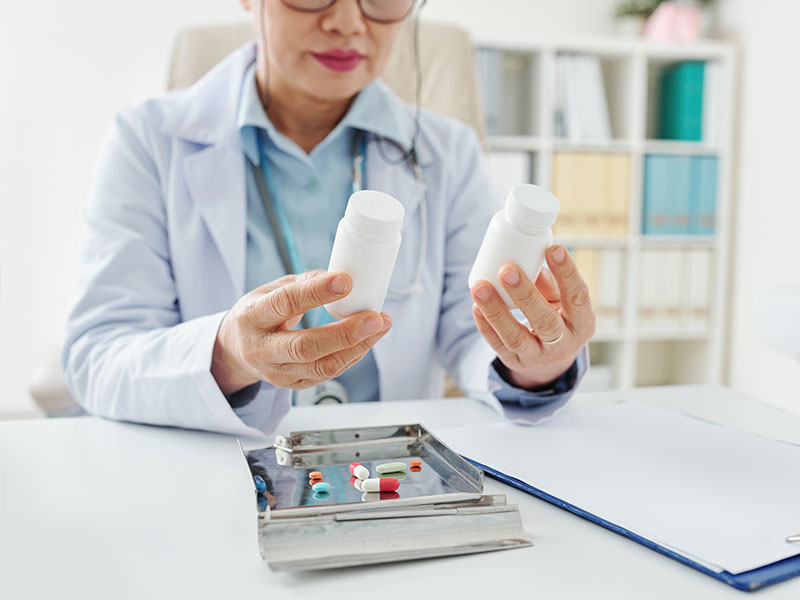
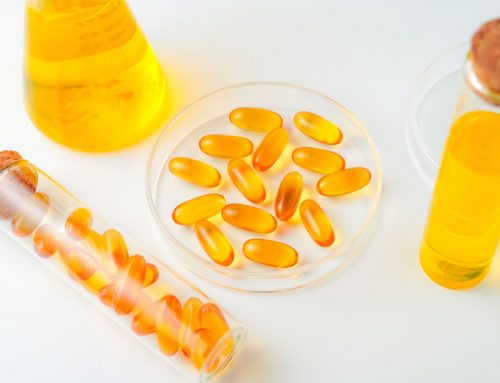

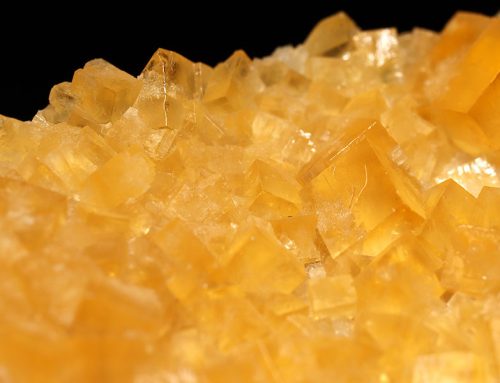
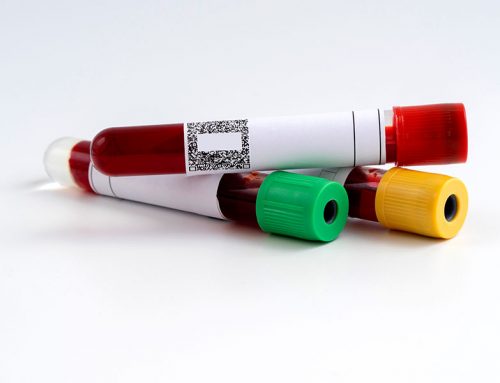
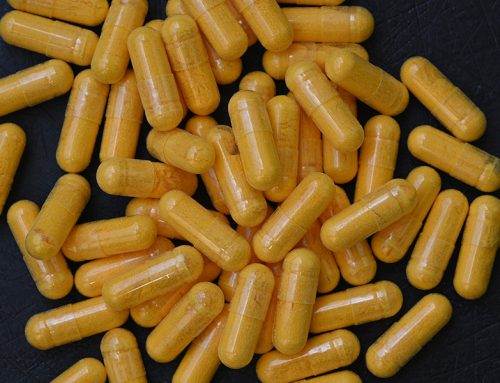
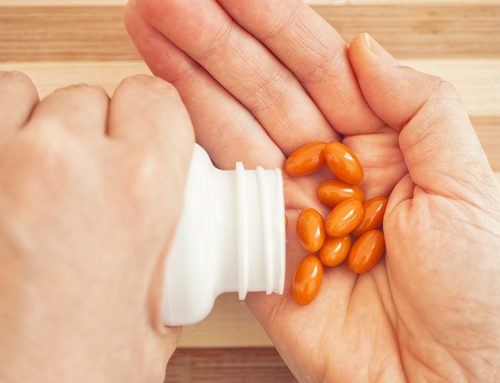
My husband had two heart attacks in January 2013. His ejection fraction was 20%. The hospital had him in Step-Down ICU for 13 days. He took the medicine that the cardiologists gave him for 1 1/2 years and his ejection fraction did not improve. I started researching Co Q10 and came upon an article which discussed the various dosages that improved heart damage. I put him on 400MG twice a day and almost immediately he was off the couch and starting to register 35%. Now his heart ejection fraction is 50- 55%. The cardiologist says that the heart has healed itself and reuses to acknowledge that CO Q10 had anything to do with it! I had valve leakage and I started taking 200MG a day and it has healed. Charlie is 72 years old and I am 82 years old. The paper was NIH- Japan and not about powder.
Thank you, Mary, for sending very interesting info regarding Coenzyme Q10 and ejection fraction.
The evidence shows that lower CoQ10 levels are seen in patients with advanced heart failure symptoms and with lower ejection fractions.
The Q-Symbio trial has shown that there is a mortality benefit in heart failure patients with reduced ejection fraction with CoQ10 supplementation.
Has your cardiologist seen any of the following Coenzyme Q10 and heart failure papers?
Mortensen SA, Rosenfeldt F, Kumar A, Dolliner P, Filipiak KJ, Pella D, Alehagen U, Steurer G, Littarru GP; Q-SYMBIO Study Investigators. The effect of coenzyme Q10 on morbidity and mortality in chronic heart failure: results from Q-SYMBIO: a randomized double-blind trial.JACC Heart Fail. 2014; 2:641–649. doi: 10.1016/j.jchf.2014.06.008.
Morisco C, Trimarco B, Condorelli M.Effect of coenzyme Q10 therapy in patients with congestive heart failure: a long-term multicenter randomized study.Clin Investig. 1993; 71(8 suppl):S134–S136.
Munkholm H, Hansen HH, Rasmussen K.Coenzyme Q10 treatment in serious heart failure.Biofactors. 1999; 9:285–289.
Thank you,
Richard